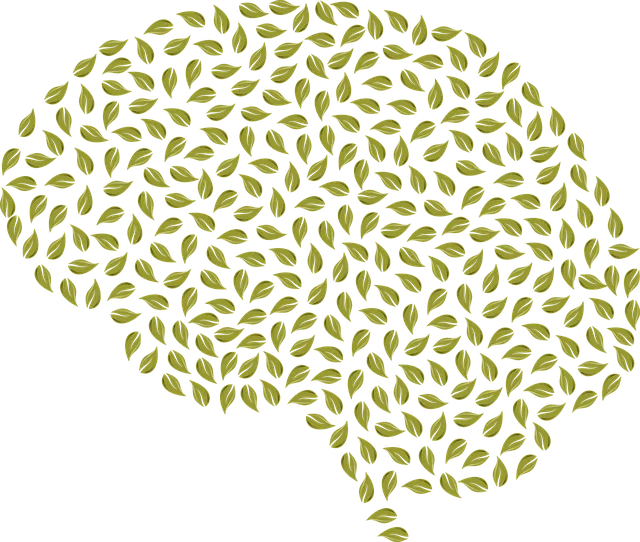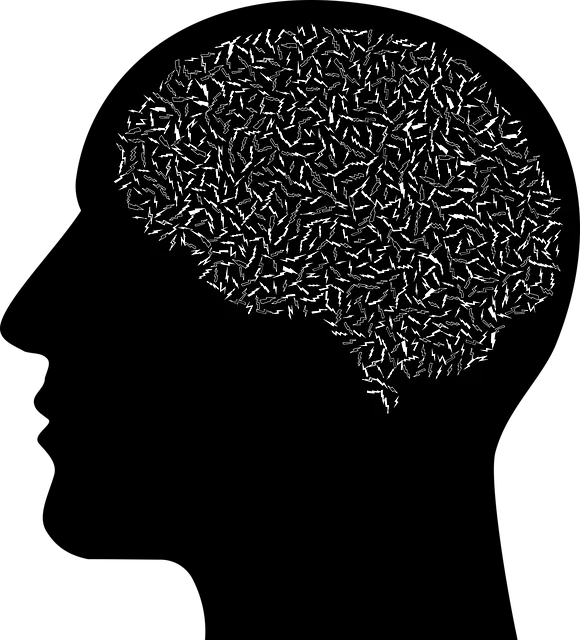Kaiser's inpatient mental health facility in Greenwood Village employs a holistic evaluation method for its wellness programs, assessing Empathy Building Strategies, Coping Skills Development, and Trauma Support Services. This multi-faceted approach goes beyond basic metrics to measure both immediate treatment effects and long-term patient resilience. By combining pre-post surveys, key stakeholder interviews, and qualitative feedback, Kaiser ensures their programs facilitate meaningful recovery journeys tailored to individual needs, addressing the complex nature of mental health care.
Mental wellness program evaluation is a vital aspect of ensuring effective healthcare delivery. This article explores comprehensive approaches to evaluating such programs, focusing on inpatient mental health services. We delve into a successful model implemented by Kaiser in Greenwood Village, offering insights into measuring impact and enhancing care. By examining various evaluation methods, we aim to provide practical strategies for professionals, showcasing how assessing mental wellness initiatives can revolutionize patient outcomes.
- Understanding Mental Wellness Program Evaluation: A Comprehensive Approach
- Assessing Inpatient Mental Health Services: Kaiser's Model in Greenwood Village
- Effective Evaluation Methods: Measuring Impact and Enhancing Care Delivery
Understanding Mental Wellness Program Evaluation: A Comprehensive Approach

Mental wellness program evaluation is a comprehensive process that goes beyond measuring simple outcomes. It involves a multi-faceted approach to understanding the impact and effectiveness of mental health initiatives, particularly in complex cases like inpatient care. At Kaiser, located in Greenwood Village, for instance, evaluation methods extend beyond tracking patient discharge rates or symptom reduction.
This holistic perspective incorporates Empathy Building Strategies, Coping Skills Development, and Trauma Support Services as cornerstones. By assessing these areas, the program can gauge not just the immediate effects of treatment but also the long-term resilience and overall wellness of patients. Such a thorough evaluation ensures that mental health programs are not only meeting but exceeding expectations, fostering meaningful recovery journeys for individuals in need.
Assessing Inpatient Mental Health Services: Kaiser's Model in Greenwood Village

The evaluation of inpatient mental health services is a critical aspect of ensuring quality care and patient outcomes, and Kaiser’s Model offers a comprehensive framework for assessing such programs. In Greenwood Village, where Kaiser provides specialized mental health treatment, their approach focuses on multidimensional assessment to capture the complex nature of patient recovery. This model goes beyond traditional measures by incorporating various elements essential for emotional healing processes.
One key component is the assessment of social skills training, which plays a pivotal role in preparing individuals for successful reintegration into society. By evaluating patients’ progress in this area, healthcare professionals can gauge their readiness to face community challenges. Additionally, Kaiser’s Model encourages the development of public awareness campaigns to reduce stigma and foster understanding, thereby creating a supportive environment for mental health recovery and long-term well-being.
Effective Evaluation Methods: Measuring Impact and Enhancing Care Delivery

Effective evaluation methods are pivotal for mental wellness programs to measure their impact and enhance care delivery. Organizations like Kaiser, with inpatient mental health facilities in Greenwood Village, have recognized the importance of comprehensive assessments. By employing a multi-faceted approach, they integrate various techniques such as pre-post surveys, key stakeholder interviews, and qualitative feedback to gauge program efficacy.
These strategies not only capture participant improvements but also uncover areas for refinement. For instance, Compassion Cultivation Practices and Inner Strength Development programs can be evaluated through structured interviews, allowing individuals to share their personal growth journeys. Mental Wellness Coaching Programs Development can be assessed by tracking changes in clinical outcomes and client satisfaction scores over time. Such data-driven insights enable healthcare providers to tailor interventions, ensuring they meet the unique needs of each individual seeking support.
Mental wellness program evaluation is a multifaceted process, as demonstrated by the comprehensive approach discussed and the successful case study of Kaiser’s inpatient mental health services in Greenwood Village. By employing robust assessment methods and data-driven insights, organizations like Kaiser can effectively measure the impact of their programs, identify areas for improvement, and enhance care delivery. Understanding these evaluation methods is key to navigating the complex landscape of mental health support and ensuring that resources are allocated optimally to meet the needs of individuals seeking assistance.






